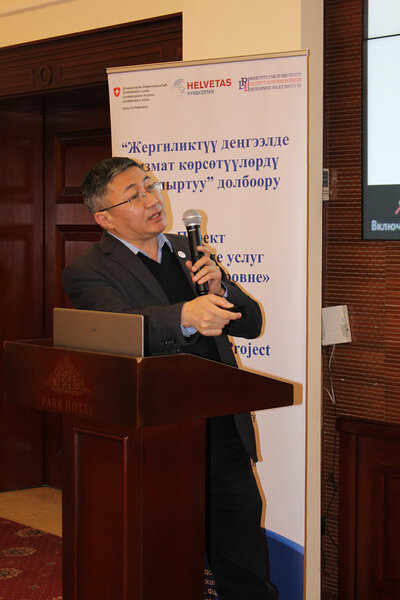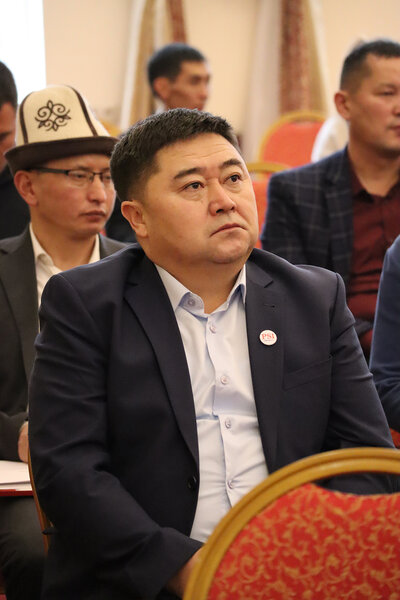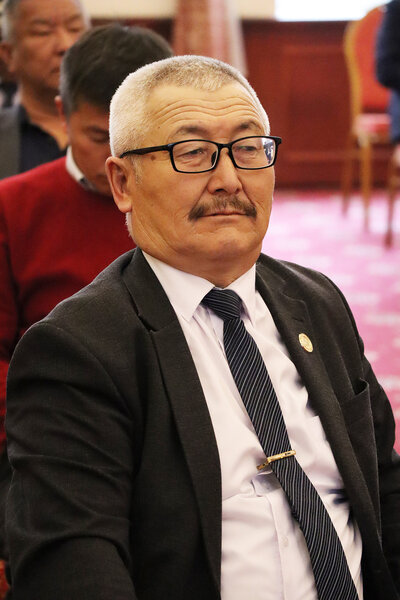The latest developments in the provision of services to the local population were presented during a conference on inter-municipal cooperation in Bishkek.
The event was attended by Ramis Alykulov, Deputy Director of the State Agency for Civil Service and Local Self-Government under the Cabinet of Ministers of the Kyrgyz Republic, Bekturgan Orozbaev, Director of the Union of Local Self-Government of the Kyrgyz Republic, and Natalie Semoroz, Head of the Department for Public Administration and Urban Development of the Embassy of Switzerland , as well as representatives of the aiyl okmotu.
During the event, representatives of municipalities spoke about their experience of inter-municipal cooperation in the maintenance of municipal roads, garbage disposal, and drinking water supply.
As Ramis Alykulov, deputy director of the state agency for civil service and local self-government, noted, today it is more profitable to resolve issues of local importance jointly with other municipalities than independently. “Within the framework of inter-municipal cooperation, local governments can resolve issues related to the improvement of the territory, gardening, lighting public places, construction and repair of roads and sidewalks. This leads to cost reduction and efficient use of local self-government resources. The State Agency recommends municipalities to introduce the practice of creating joint municipal enterprises to address issues of local importance,” he stressed.
In turn, the representative of the Swiss Embassy, Natalie Semoroz, shared her experience of visiting the regions of Kyrgyzstan. “This year we visited several municipalities and saw how they jointly solve such important issues as garbage collection and disposal, provision of drinking water, maintenance of municipal roads. Inter-municipal cooperation in the services provision is an innovation that has not been tried in Kyrgyzstan before. Switzerland has been contributing to strengthening local self-government since 2011 and we will continue to support national and local authorities in improving the lives of the population and making people more involved in decision-making processes,” she said.
Within the framework of the project Public Services Improvement Project (funded by Swiss Government), 4 models of inter-municipal cooperation were developed:
- garbage collection and removal (one municipal enterprise serves several districts);
- landfill management (several municipal enterprises operate on the same landfill);
- uninterrupted supply of drinking water;
- maintenance and operation of municipal roads.
In addition, for the first time, horizontal cash transfers and budget loans between LSG bodies were tested.
As a result of the project, more than 180,000 people in 23 municipalities have gained access to water supply, repaired roads, and garbage collection services. Also, economically justified tariffs and price lists were developed for the population, with a subsidizing mechanism for vulnerable groups.




